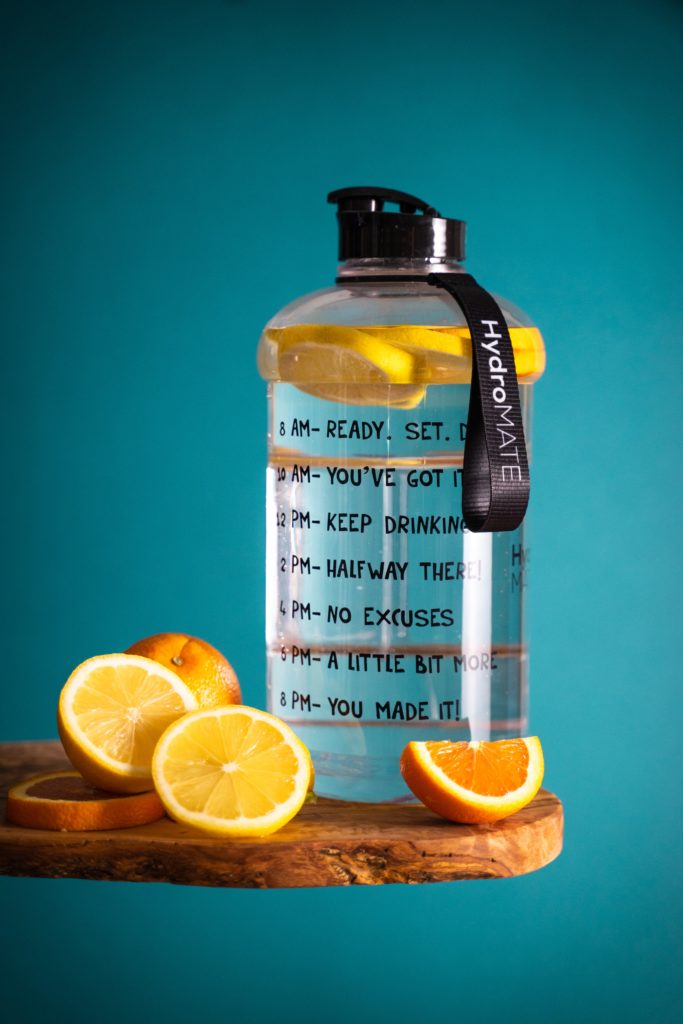We all know water is good for us, but it is the most common deficiency we have. We are told to drink water and to stay hydrated, but do you really know HOW important it is? There are more than a few reason and thanks to nutritionaltherapy.com we have a list of 14 reasons why! Keep reading!
14 Reasons to Stay Hydrated:
- Improves oxygen delivery to cells
- Transports nutrients
- Enables cellular hydration
- Moistens oxygen for easier breathing
- Cushions bones and joints
- Absorbs shocks to joints and organs
- Regulates body temperature
- Removes wastes
- Flushes toxins
- Prevents tissues from sticking
- Lubricates joints
- Improves cell‐to‐cell communications
- Maintains normal electrical properties of cells
- Empowers the body’s natural healing process
Water is one of the most common nutritional deficiency in the American population. If the body’s water content drops by as little as 2%, it will cause fatigue. A drop of 10% will cause significant digestive, cardiovascular, immune, and musculoskeletal health problems. Losses greater than 10% can cause death. Here are some signs of dehydration:
Early Signs of Dehydration:
- Fatigue
- Anxiety
- Irritability
- Depression
- Cravings
- Cramps
- Headaches
But continual dehydration can lead to much more serious issues:
- Heartburn
- Joint Pain
- Back Pain
- Migraines
- Fibromyalgia
- Constipation
- Colitis
So What Can You do to Help Stay Hydrated?
- Add a pinch of sea salt to your water: Sea salt contains dozens of minerals, including the electrolytes calcium, magnesium, potassium, and sodium that help you better absorb and utilize the water you drink.
- Sip, don’t chug: The body can only process a limited amount of water at a time. You will be able to absorb and utilize the water you drink more efficiently if you take small sips over a longer period of time.
- Drink most of your water away from meals: Sipping a little water with meals is fine but try to consume most of your water between meals to avoid diluting stomach acid and negatively impacting digestion. Thoroughly chewing each bite will help provide most of the lubrication needed throughout the meal.
- Drink clean water: Get your water from clean, reliable sources and use a good water filter system for water that you drink or bathe in.
Resources:
Popkin, B. M., D’Anci, K. E., & Rosenberg, I. H. (2010, Aug 01).
Water, hydration, and health. Nutrition Reviews, 68(8), pp. 439-458.


